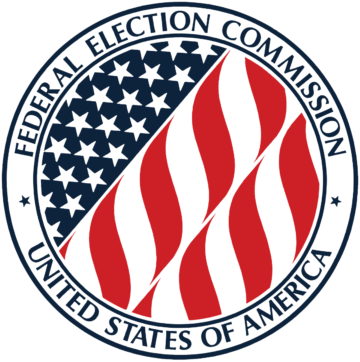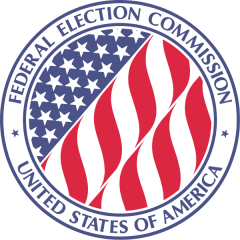October 7, 2014
Lee E. Goodman, Chairman
Ann M. Ravel, Vice Chair
Caroline C. Hunter, Commissioner
Matthew S. Petersen, Commissioner
Steven T. Walther, Commissioner
Ellen L. Weintraub, Commissioner
Federal Election Commission
999 E Street, NW
Washington, DC 20463
Dear Commissioners:
We are writing this letter as individuals who, in various capacities but over many years, have experience with the interpretation and administration of the Federal Election Campaign Act of 1971, as amended (“FECA”). While our professional backgrounds and perspectives on the law are diverse, we are united in our support for rulemakings, as recently announced by the Chair and Vice Chair, to conform FEC rules to recent Supreme Court decisions. We also believe that there are additional opportunities for the FEC to undertake similar actions, in the same spirit of these rulemakings, that would contribute significantly to the clarification of, and successful compliance with, the law.
Much of the commentary on the FEC’s mission and performance has focused on controversial questions, such as the breadth of the definition of “political committee” or the line distinguishing protected issue advertising from regulated express advocacy. We recognize the importance of these and other issues; we appreciate the difficulties confronting the Commission in resolving questions of administrative authority and, when proceeding on its authority, reaching agreement on the design of workable rules.
As these questions continue to be considered and debated, there remains unfinished work in assuring that the law as it now stands is clearer, more accessible and internally consistent. Progress toward these goals will promote compliance and respect for the law, lower the costs of engaging in protected political activity, and can help reduce ambiguity in rule and interpretation.
There are a number of potential initiatives along these lines that the Commission might consider, and we expect to have occasion in the months ahead to raise a number of them for its consideration. In each case, we have been guided by questions intended to identify revisions in the rules that would: (a) have wide impact on those subject to the FECA, enhancing the quality and lowering the cost of compliance; (b) advance core regulatory purposes and policies in the public interest, such as more effective implementation of well-established disclosure requirements (for example, Form 3X and other reporting forms, and their instructions, warrant clarification and other improvement, not just updating to conform with changes in the law); and (c) focus on well-established law, avoiding more of the same conflict over the law and its scope that has characterized much of the debate about (and within) the Commission.
As one example, these criteria would suggest attention to revamped disclaimer rules, which are now spread out in different sections of the regulations and, as written and structured, invite confusion and error. The reform that is called for here and elsewhere in the rules is not a change in the law, but a change in the way the law is organized and presented.
The Commission’s pending rulemaking to conform its rules to Supreme Court decisions is a productive step in this same direction. For these reasons, the agency should have bipartisan support for this and, we hope, similar initiatives. We look forward to joining those who lend their support and assistance to the FEC in this important work.
Sincerely,
Bob Bauer
Benjamin L. Ginsberg
Laurence E. Gold
Robert Lenhard
Bradley A. Smith
https://www.ifs.org/wp-content/uploads/2014/10/123714996_1.pdf













